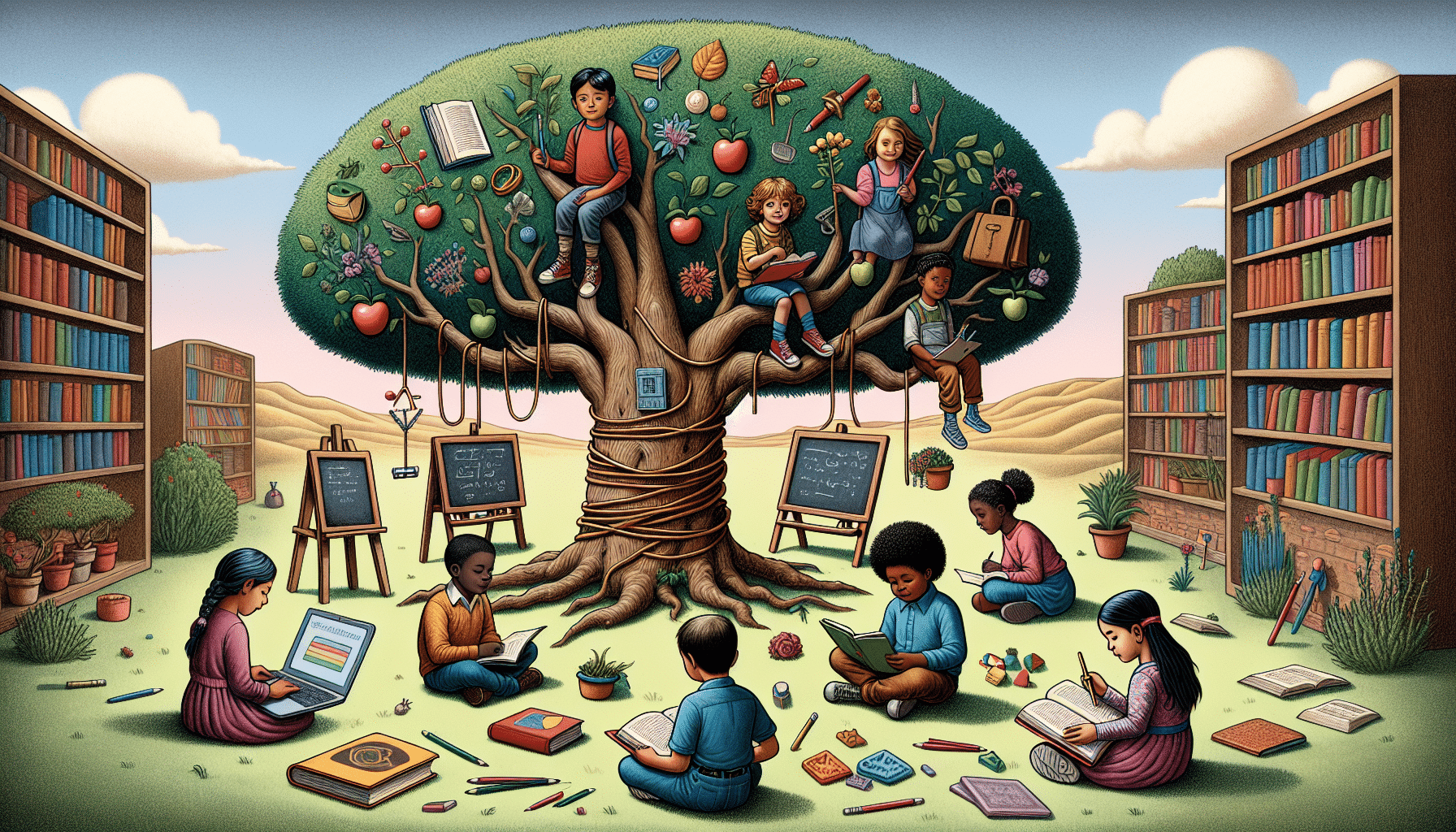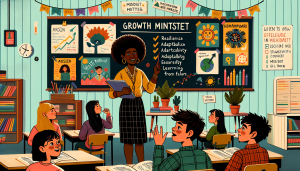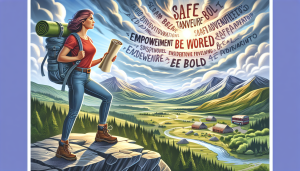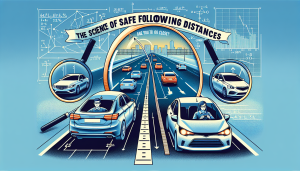Unschooling: The Radical Approach Challenging Traditional Education
Education has always been a crucial part of society. From the early days of formal education systems, we have been taught that the path to success lies in following a predefined curriculum, attending school from a young age, and completing assignments and exams. However, in recent years, a radical approach to education has been gaining popularity – unschooling. This alternative method challenges the traditional views on education, putting the power back into the hands of the learners. Let’s take a closer look at unschooling and how it is disrupting the traditional education system.
Unschooling, also known as self-directed or child-led learning, is a progressive form of education that allows students to take control of their own learning. Unlike traditional schooling, where students are expected to follow a set curriculum and adhere to strict schedules, unschooling lets students learn at their own pace, following their passions and interests. This approach believes that learning happens naturally in all aspects of life and is not limited to classrooms and textbooks.
One of the main principles of unschooling is that children are born curious and eager to learn. By giving them the freedom and autonomy to choose what they want to learn, they become more engaged and motivated, leading to a deeper understanding and retention of knowledge. This approach also fosters critical thinking, problem-solving, and creativity, skills that are essential for success in today’s fast-paced and ever-changing world.
Unschooling also challenges the traditional grading and testing methods used in schools. Instead of relying on grades as a measure of a student’s intelligence and capabilities, unschooling encourages constant evaluation and feedback, focusing on the individual’s growth and progress. This shift in mindset emphasizes the learning process rather than the end result, promoting a love for learning rather than a fear of failure.
Another significant aspect of unschooling is its focus on real-life experiences. Unlike traditional education, where learning is confined to a classroom, unschooling promotes hands-on learning opportunities. This could be through travel, internships, volunteering, or even everyday tasks like cooking, gardening, and budgeting. These experiences not only provide practical skills but also expand the student’s worldview and foster independence.
Unschooling is undoubtedly a radical approach to education, and it has its fair share of critics. One of the main concerns is that it may not adequately prepare students for higher education or the workforce. However, studies have shown that unschoolers often have successful careers and are just as likely, if not more, to attend college compared to their traditionally schooled counterparts.
In conclusion, unschooling is a revolutionary educational approach that has gained momentum in recent years. By giving students the freedom and autonomy to pursue their passions and interests, unschooling has challenged the traditional views on education and is paving the way for a more student-centered learning environment. As Albert Einstein once said, “Education is not the learning of facts, but the training of the mind to think.” Unschooling does just that, and it’s time we start considering this radical approach for a more fulfilled and meaningful education.










